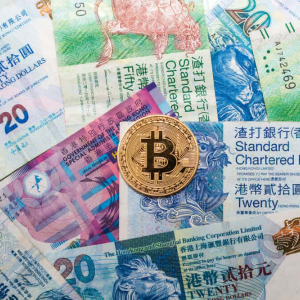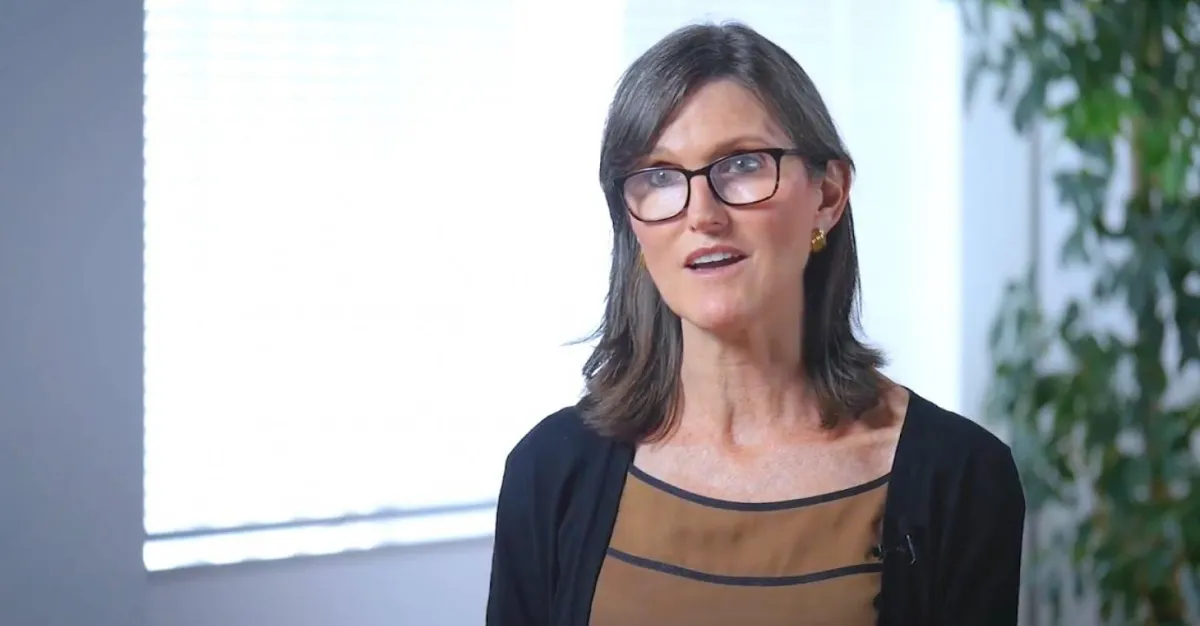South Korea’s largest power supplier has signed a contract with 2 domestic power suppliers to determine a blockchain-powered system for transacting Renewable Energy Certificates (RECs). The news was reported by local energy news web site Energy Daily on June 4.
KEPCO — an word form for the Korea power Corporation — may be a $15.9 billion market cap corporation within which the South Korean government and state-controlled bank hold a majority stake;
it's a “virtual monopoly” over power generation and distribution within the country, per Asia-focused publication Nikkei.
A business understanding has been marked among KEPCO and Nambu electrical power, following a previous contract to decide the blockchain-based REC framework with Korea Southern Power Co. (South Power), Energy Daily reports.
Under the understanding, the 3 associations can supposedly work to make a helpful framework to execute an administration drove blockchain test case program for REC exchanges underneath the administration of South Korea's Ministry of Science.
Following completion of the overall public pilot, the organizations can ostensibly create plans to follow-up and develop the project from a commercial standpoint, the report notes.
Energy Daily expresses that blockchain usage is foreseen to essentially improve the straightforwardness and effectiveness of later sustainable power source offer endorsement exchanges, which the pilot plans to add to ahead of schedule market development and job creation within the domestic blockchain sector. In a statement, South Power president Shin Jung-sik has printed that:
"We will concentrate all our core competencies not solely within the development of recent businesses however additionally in embracing [...] the time of energy decentralization, that uses blockchain technology with close cooperation between the 3 organizations."
As antecedently reported, KEPCO announced in fall 2018 that it would be using blockchain and alternative innovative energy solutions to develop its next-generation small grid.
At the time, the organization same it meant to target decentralization, decarbonization and digitalisation, that it known as three key trends driving the longer term of the energy trade.
In December 2018, South Korea’s government disclosed plans to take a position 4 billion Korean won ($3.5 million) to line up a blockchain-enabled virtual power plant within the town of Busan.
To know more on Cryptocurrency and Blockchain events, follow us on Facebook, YouTube, Twitter, LinkedIn, Reddit, Telegram, BitcoinTalk, and we are also on Medium now















